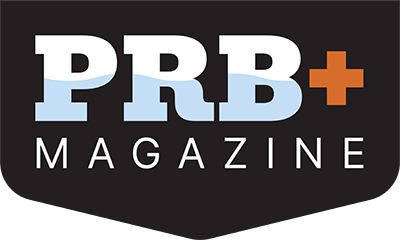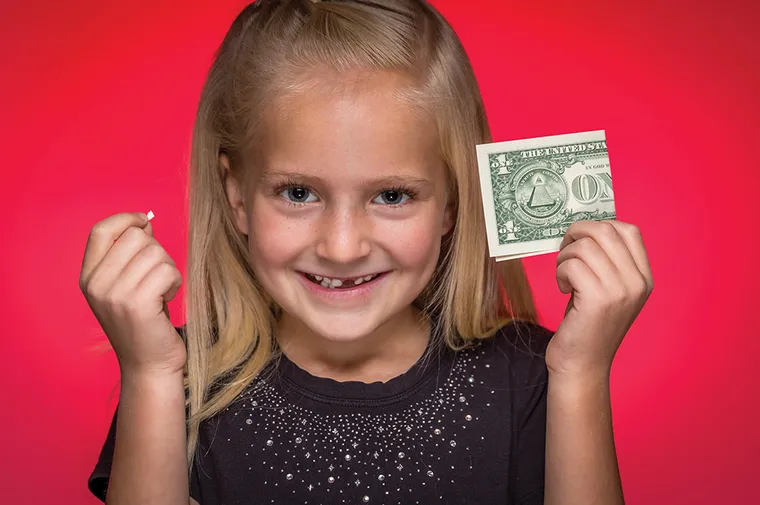When is it OK to lie to kids?
For all youth-development professionals, leading by example includes modeling honesty. We share how we feel, we offer candid feedback, and we own our mistakes. Of course, honesty is not the same as completeness. If a young person in one of our programs asks, “What did you do on your night off?” we are not obliged, in the name of honesty, to report details such as “I got in an argument with my parents” or “I made out with my boyfriend.” Modeling honesty is never a justification for sharing content that is either too personal or too adult to be appropriate for young participants. At the same time, we don’t have to fabricate an answer. Responding, “I just had some personal time” is a truthful yet appropriately broad response to a question about how you spent your night off. Curiously, adults do lie to kids sometimes. And sometimes, the lies are elaborate and last for years. So, when is it OK to lie to kids? Or is it never OK?


